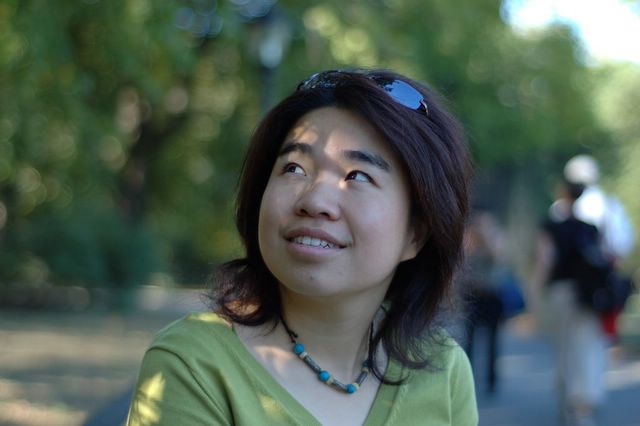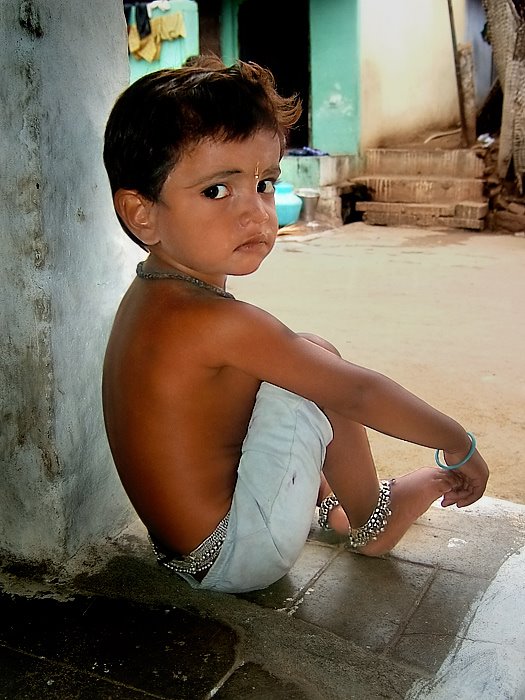
Y tu mamá también (literally "And your mother, too", released in English-speaking markets under the original Spanish title) is a 2001 Mexican film directed by Alfonso Cuarón. A coming-of-age story about the road trip of two teenage boys with a woman in her twenties, the film is set against the backdrop of the political and economic realities of present-day Mexico, specifically at the end of the uninterrupted seventy-year line of Mexican presidents from the Institutional Revolutionary Party, and the rise of the opposition headed by Vicente Fox. The film achieved great success in its native country and received awards and critical acclaim in foreign territories.
The film is about the ambiguous line between “between rich and poor, city and country, the European and the indigenous, gay and straight, and the living and the dead” as described by Wikipedia. For me, it is about the meaning of love and life. Luisa Maribel Verdú), knowing she will die soon of cancer, makes the trip a farewell to the world. Throughout the trip, she enjoyed the erotic pleasure with the boys, while taught them about how to make love and the way love should be. Julio (Gael García Bernal) and Tenoch (Diego Luna) eventually found great passion with each other, but later drove away from each other because of their one-night stand.
The film is beautifully made in the scenery southern
There is certain crudity in the movie from the background narrative, which often jumps in and describes the destiny of the animals and people appeared in the film. Inevitably, their lives in
When you have to choose where and how you want to die, what will you pick?


没有评论:
发表评论